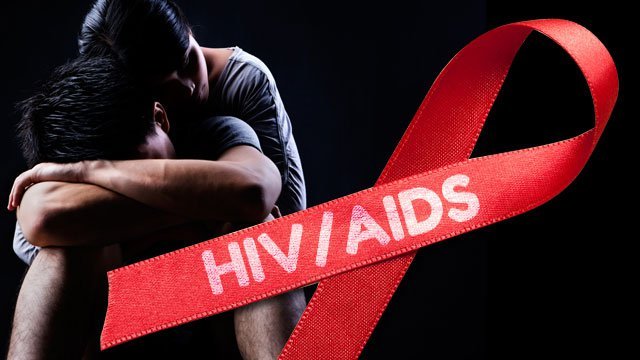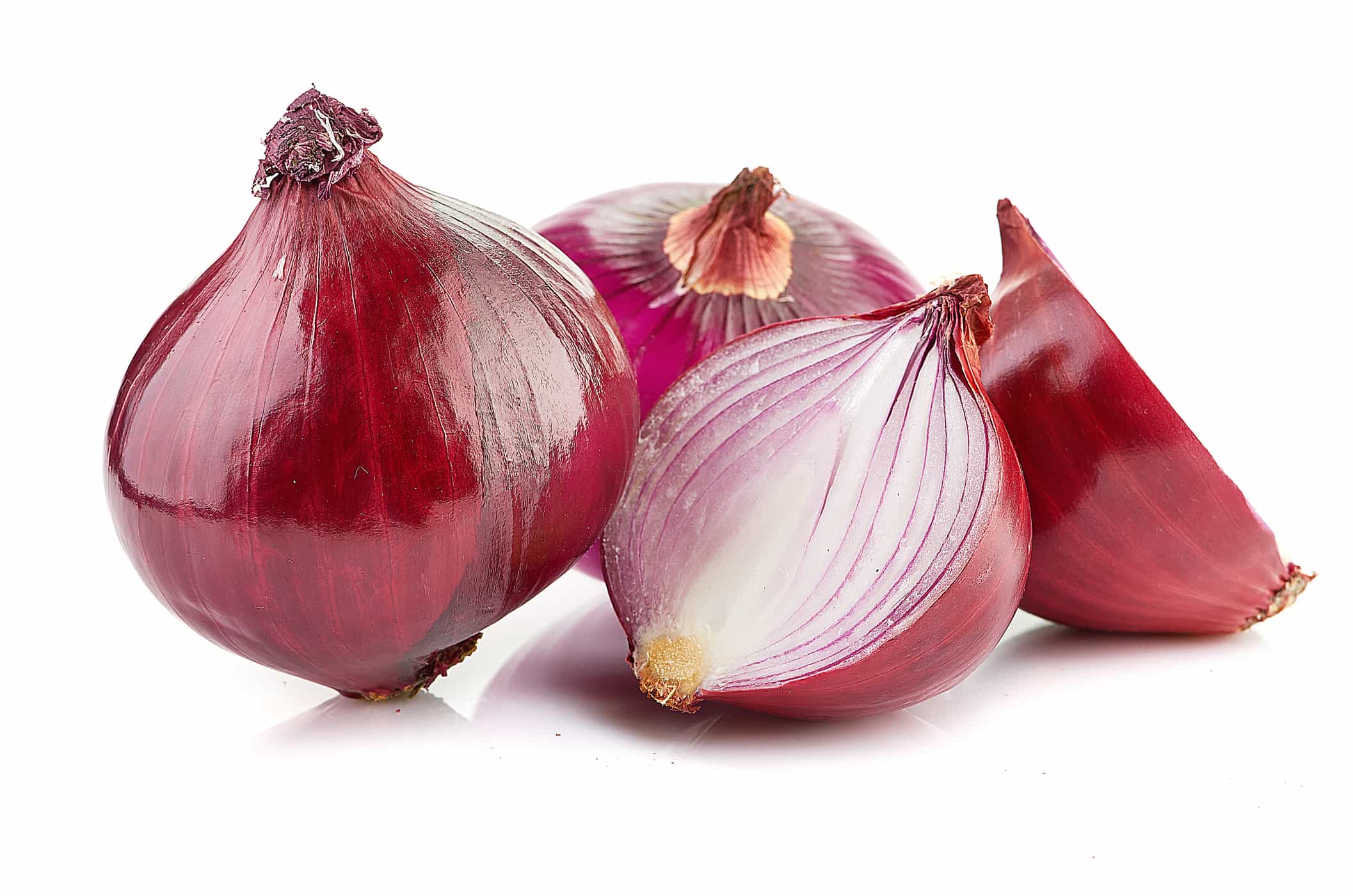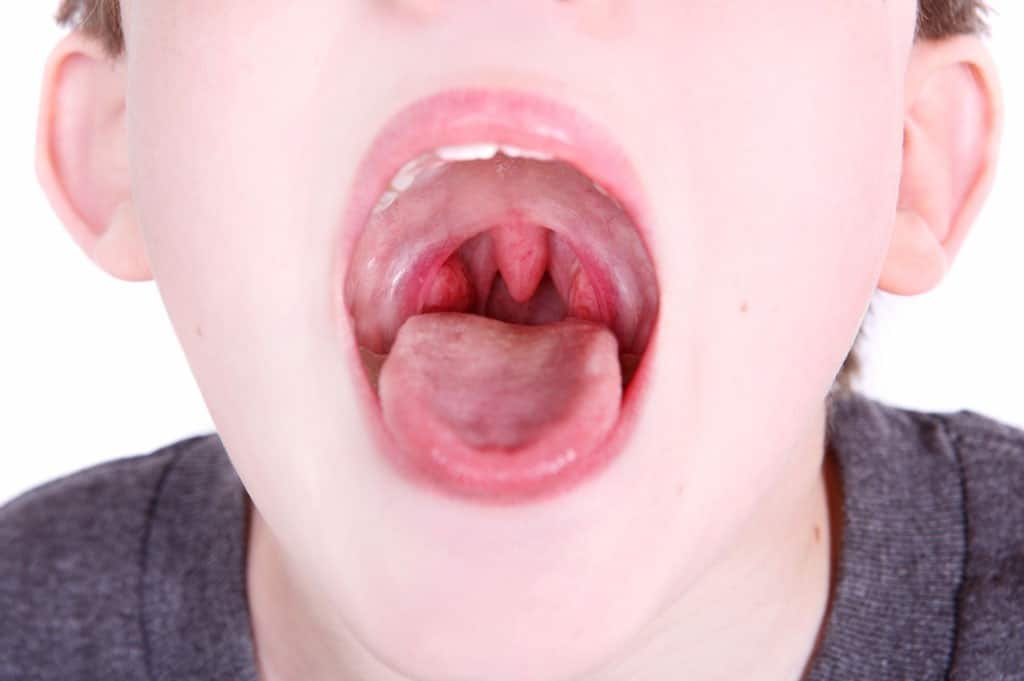Contents:
Medical Video: Why You Shouldn't Drink Caffeine After 2 P.M.
A cup of warm black coffee in the morning is a daily ritual that can be considered sacred to some of us. So much scientific research has confirmed that coffee habits are healthy for most people, and may bring a million health benefits - ranging from fighting depression in women, reducing the risk of stroke and prostate cancer to men, to compensate for the loss of muscle strength that results from aging.
However, much of the news out there relating to these reports does not tell the whole story, making people now wonder, "How many cups of coffee a day is still reasonable?"
Before answering the question above, read the four factors that you should consider, reported from Time, before downing your second glass of coffee today.
Why is everyone's coffee needs different?
1. Different people, different needs
Even though the habit of coffee is proven to have many benefits, you are the one who best understands your body. Some people can drink high-dose black coffee and feel fit throughout the day. For some people, just drinking half a cup can make them nervous and get a stomach ache. There are many individual variations that speak when determining how coffee affects the body.
So, do not make the above conclusions as a benchmark for your coffee portion. Consider what's good for you - if the answer is no coffee at all, it doesn't matter. Don't make this an excuse to start coffee.
2. Your body's health
If you already have heart disease or other chronic diseases, the "3-5 cup per day" guideline automatically does not apply to you and you may have to change your coffee portion every day. While there is no strong evidence that can link hypertension with coffee, this habit may worsen the condition.
In conclusion: if you have an acute medical condition or your blood pressure is over the normal limit, talk to your doctor or personal nutritionist about what's best for you.
3. Pay attention to your sleep pattern
One thing we know for sure, caffeine interferes with deep sleep, at least for most people. Getting enough sleep is important for your physical and mental health, as well as to help control your weight.
A good rule of thumb to note is: stop consuming any type of caffeine, especially coffee, at least six hours before your bedtime. So, if you are tempted to brew a cup of coffee in the afternoon, look for other ways to deal with the drowsiness - take a walk, for example, stretching, or drinking a glass of cold water.
4. Your genetics also play a role
As a result of genetic variations that affect certain enzymes in the body, some people can break down caffeine in a very long time. This is quite common and, for these people, even 1-2 cups of coffee per day can increase the risk of heart disease and hypertension.
So, how many cups of coffee a day is still considered healthy?
How many cups of coffee a day is good for health?
Quoted from NPR, a study published by Mayo Clinic Proceedings shows that coffee consumption of more than 28 cups per week - an average of 4 cups per day - is an excessive portion, at least for those of you who are less than 55 years old (with limiting factors is smoking )
Researchers found that young adult men who consumed more than 28 cups of coffee per week had an increased risk of death from all causes (heart problems, high blood pressure, etc.) by 56 percent. While women with heavy coffee drinkers have more than double the risk of death. A cup of coffee is defined as 8 ounces of coffee (240 ml). Meanwhile, studies show that the same high consumption in the elderly does not show any influence. This study shows that inhaling two-three cups of coffee per day is still within reasonable and healthy limits, and may bring benefits.
The Huffington Post cites five separate studies - the journal PLOS ONE, NCBI, Nature, and NRC Research - all of which support the above theory. Each of these studies found that the health benefits of coffee, ranging from managing symptoms of erectile dysfunction (including in obese men and hypertension); fight free radicals and encourage new cell growth; reduced risk of cardiovascular disease, digestive problems, and neurodegenerative diseases along with a reduced risk of death from these diseases; sharpening long-term memory; to support sports performance and endurance. The red thread: this benefit you can achieve if you limit the consumption of coffee to only 2-3 cups per day.
But, once again you have to remember, listen to your body. If you accumulate life on glasses of coffee to be able to function normally, you will no longer enjoy it - it will fall into a dangerous health risk. You will only damage the balance of your life. As a productive human being, you will definitely need enough sleep, reduce stress, eat better, and control caffeine intake.
Drink healthy coffee, as long as you don't use sugar
Coffee is no longer a healthy choice if your cup of warm drink is loaded with sugar. If you prefer trendy coffee drinks sprinkled with cream, sugar, syrup, and whipped cream towers, then the risk of the health hazards of coffee will outweigh the benefits.
Not only do calories have a share here, but these drinks get most of their calories from cane sugar and corn syrup which is high in fructose (also, milk fat). Simple sugars like this have been linked to a number of metabolic disorders, and are thought to have contributed to the origin of heart disease and other serious medical conditions.
Every one extra spoon of sweetener in coffee can increase the surplus of calories responsible for developing fat cells. For example, a cup of vanilla latte containing 150 calories, sounds trivial, but with the addition of so much sugar and syrup, this extra daily calorie goes beyond what the body really needs to support your ideal body weight, and instead adds 5-7 kg of weight in another time you weigh weight.












